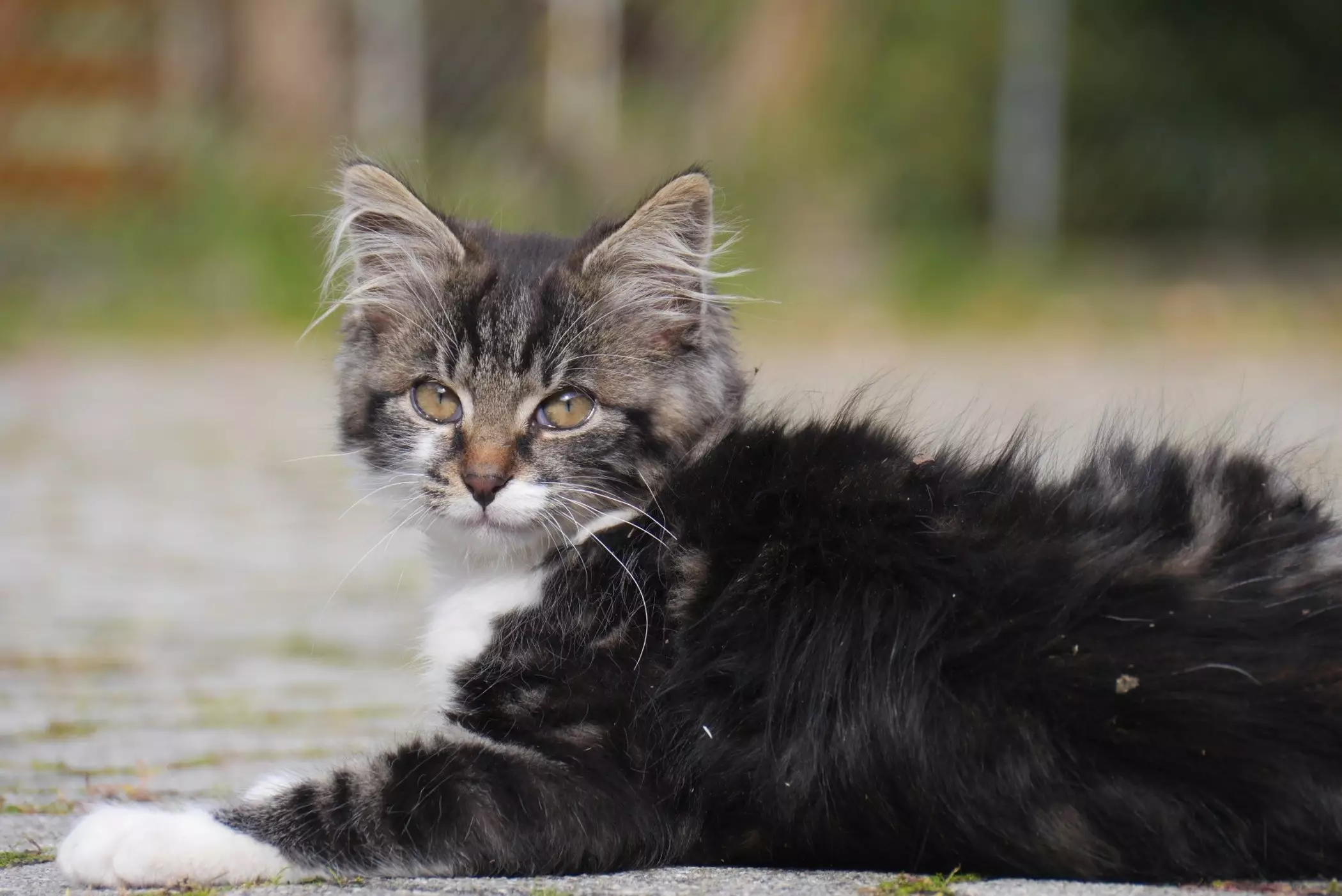As winter approaches, pet owners face an array of hidden dangers lurking within their homes and surrounding environments. The change in weather not only prompts humans to adjust their lifestyles, but it also calls for responsible pet ownership to navigate the hazards that accompany colder months. One particularly alarming threat is antifreeze, which while being a necessary automotive fluid, poses a deadly risk for pets, especially cats. Its appealing sweet taste and scent can easily attract curious felines, making it crucial for pet owners to be aware of how to protect their furry companions.
Antifreeze contains ethylene glycol, a highly toxic substance that can inflict serious harm on pets. Even the smallest amounts can lead to catastrophic kidney damage, often resulting in kidney failure and death. Recognizing the symptoms of antifreeze poisoning can prove crucial for timely intervention. Pet owners should remain vigilant for signs such as excessive thirst, vomiting, loss of appetite, and difficulty walking. In more severe cases, pets may experience seizures or even fall into a coma. PDSA veterinarian Olivia Anderson-Nathan emphasizes the importance of immediate veterinary consultation if poisoning is suspected, as prompt treatment is vital for improving survival rates.
To minimize the risk of exposure to this hazardous substance, there are proactive steps pet owners can take. Securely storing all chemicals—ranging from antifreeze to household cleaners and outdoor insecticides—is essential. Responsible pet ownership also includes cleaning any spills immediately and opting for pet-safe product alternatives wherever possible. These small efforts can drastically reduce the chance of accidental poisoning.
While antifreeze is a primary concern during the winter months, it’s not the only chemical that poses a threat to pets. Common household items, such as bleach and slug pellets, can also be toxic. Moreover, pet owners must be cautious with flea treatments. Many products formulated for dogs contain permethrins, chemicals that are known to be highly toxic to cats. Using treatments specifically designed for felines and thoroughly inspecting all pest control products could be the difference between health and tragedy for a pet.
As winter progresses, pet owners should familiarize themselves with the signs of poisoning and the risks associated with certain products. Being prepared means having knowledge about harmful substances and being vigilant about the safety of one’s environment. Regular veterinary check-ups can also enhance awareness of risks and appropriate treatments, ensuring pets remain safe throughout the colder months.
In closing, protecting our pets as seasonal changes arise requires a proactive approach. By understanding potential hazards and implementing preventative measures, pet owners can safeguard their beloved animals against both seen and unseen dangers lurking in their homes.
